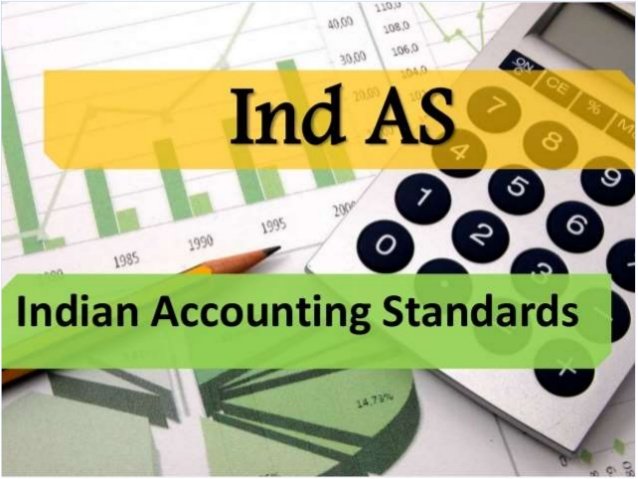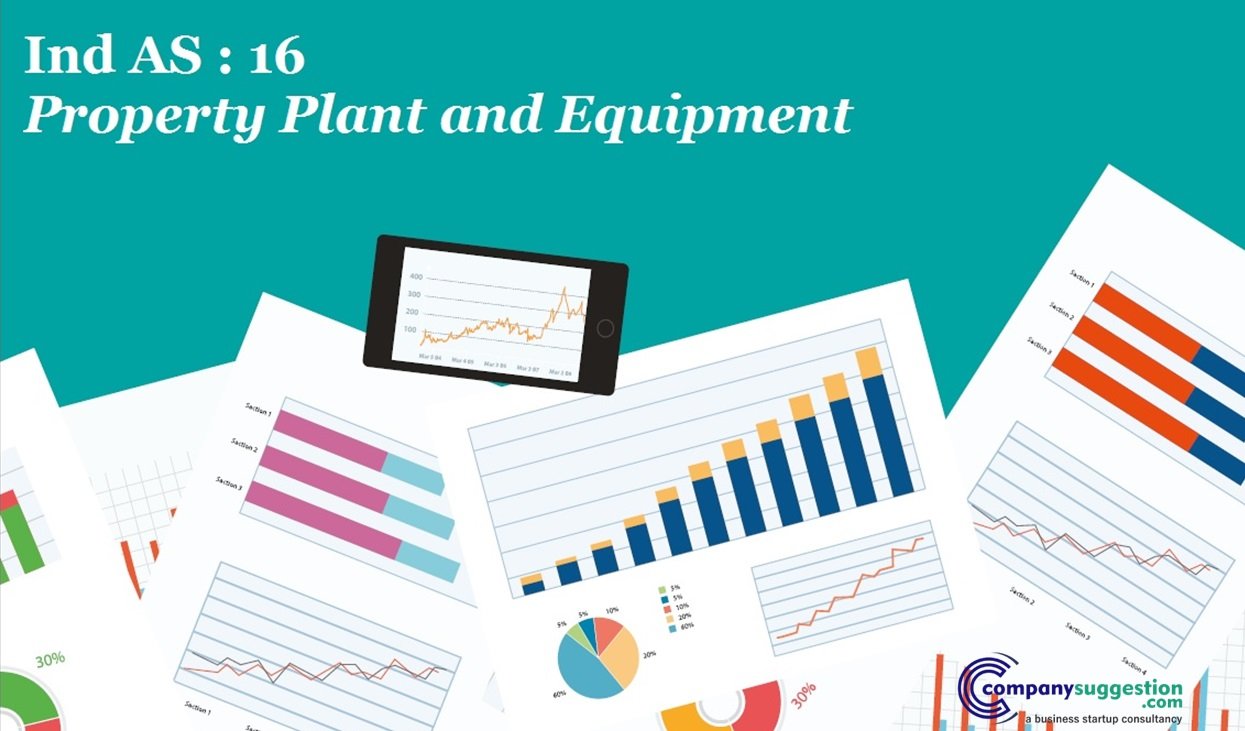About: Ind AS 110 ” Consolidated Financial Statements (CFS)”
►A new control model where an investor controls an investee when it is exposed, or has rights, to variable returns from its involvement with the investee and has the ability to affect those returns through its power over the investee.
►Ind AS 110 is now more judgmental than Accounting Standard (AS). Accounting as per Ind AS is no more automotive in SAP or Oracle in all respect, An Investor have to do continuous assessment whether the investor is qualify the condition of control or not in the reporting period. Hence as per Ind AS accounting is substance driven accounting, its not form driven accounting.
► As per AS, Company required to consolidate the subsidiary company if fulfilled the following condition of control:
1. Stake more than 50% in that company or
2. Power of Composition of the Board of that company.
► It is possible in AS, one company can be consolidated twice by two companies by fulfilling the either of one of above conditions. But as per Ind AS one company can be consolidated to only single parent company.
►An investor may still have power over an investee even when the investor does not have a majority of the voting rights of that investee.
►An investor may have power over specified assets of an investee which are considered to be a separate ‘deemed entity’ (a silo), such that control could exist at a level below a legal entity.
► Entities that are controlled by an investor are consolidated in the investor’s group financial statements.
Objectives :
► Defines the principle of control and how to apply those principles.
► To establish principles for the presentation and preparation of consolidated financial statements.
► Sets out the accounting requirements for the preparation of consolidated financial statements.
Scope/Applicability:
Parent shall mandatory present CFSs unless exempt under law (except Post Employment or other longterm employee benefit plans covered under Ind AS 19).
New definition of control :
“An investor controls an investee when it is exposed, or has rights, to variable returns from its involvement with the investee and has the ability to affect those returns through its power over the investee.”
Control of an investee requires an investor to possess all three essential elements:
► Power over the investee;
► Exposure, or rights, to variable returns from its involvement with the investee; and
► Ability to use its power over the investee to affect the amount of the investor’s returns.
Definition of control:
Identifying relevant activities:
Relevant activities are those that significantly affect the investee‘s returns.
Examples:
► Establishing operating, capital and financing policies.
► Appointing, remunerating, and terminating employment of service providers or key management personnel.
► Understand purpose and design of the investee.
► If two investors direct different relevant activities, Identify which investor can direct the activities that most significantly affect returns.
Evaluating power:
Power is having existing rights that give an investor the current ability to direct the relevant activities.
Main aspects of power:
► Arises from rights.
► Need not be exercised.
► Does not arise from protective rights.
► Can exist even if others participate in directing the relevant activities (e.g., they have significant influence).
► Evidence that an investor directed activities in the past is an indicator of power, but is not conclusive.
Power – Substantive rights
► Rights can either be substantive or protective.
► Factors to consider in assessing whether a right is substantive:
- Are there barriers that would prevent the holder from exercising their rights?
- Do the holders have the practical ability to exercise their rights when exercise requires agreement by more than one investor?
- Would the investor that holds the rights benefit from their exercise of conversion?
- Are the rights currently exercisable or convertible?
Power – Protective rights
► Protective rights do not give power.
► Only apply in exceptional circumstances.
► Restrict an investee from undertaking activities that could significantly change the credit risk of the investee.
► Approve an investee’s capital expenditures (greater than the amount spent in the ordinary business).
► Protective rights do not prevent another investor from having control.
Franchises:
A franchise agreement often gives the franchisor rights, which generally:
► Are designed to protect the brand.
► Do not have a significant effect on franchisee’s returns.
Assess whether rights give franchisor power:
► Who benefits from activities of franchisee?
► What are the relevant activities?
► How was the franchisee established and structured?
► How does the franchisor support the franchisee?
► What is franchisor’s exposure to variability of returns?
Practice issue − participating and protective rights
► Difficulty in distinguishing these rights
► Protective rights : Rights designed to protect the interest of the party holding those rights without giving that party power over the entity to which those rights relate.
► Participating rights: Not defined in Ind AS/IFRS − consider US GAAP guidance
Generally, do not provide the holder of such rights with power, but may preclude another party from having power
► Significant use of judgement is required.
► Consider the underlying activity.
Power – Majority of voting rights
► Majority of voting rights normally gives power to direct the relevant activities when:
- Voting rights are substantive
- Voting rights direct the relevant activities
- Holder is not an agent of the investor
► This might not be the case when:
- Other legal requirements, founding documents or other contractual arrangements restrict the ability to direct the relevant activities
- Activities are subject to direction by government, court, administrator, receiver,liquidator, or regulator.
Power – De facto control:
- An investor may have the power with less than half of the voting rights
- Consider facts and circumstances:
- Contractual rights arising from other arrangements
- Size of the investor’s holding of voting rights relative to the size and dispersion of other vote holders:
- Voting rights (absolute amount)
- Voting rights relative to other vote holders
- Number of other vote holders that would need to act together.
Assessing returns:
Returns can be only positive, only negative or positive and negative, but must have the potential to vary as a result of the investee’s performance.
- Examples:
- Dividends, distributions of economic benefits, changes in the value of an investment.
- Remuneration, fees, residual interests, tax benefits, exposure from providing support.
- Synergies, cost savings, economies of scale, scarce resources, proprietary knowledge.
Disclosure requirements:
Disclosures should enable users to understand:
-
- Nature of, and risks associated with, involvement with other entities
- Financial effects of that involvement on financial position, financial performance, and cash flows
- Significant judgments and assumptions (and changes thereto) made by the investor in determining whether it controls another entity.
- Disclosures for structured entities.



Thanks for viewing this article. You can read more articles as below. Please comment and like the article.















March 5, 2020, 10:41 am
Valuable information.. thankss for suggesting